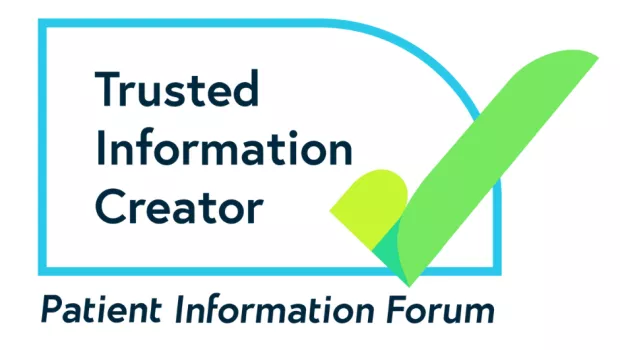Getting an epilepsy diagnosis isn’t always easy and it may take some time.
Epilepsy and seizures are complex, and it can be hard for doctors to work out what has caused your symptoms.
There is no single test for diagnosing epilepsy. Your doctor may get you to have a number of tests, and they will need to collect some information about you too.
This information is for people who want to know more about how epilepsy is diagnosed. On this page we talk about how epilepsy is diagnosed, what information and support is available and how to prepare for your first appointment.
Use this page as a general guide and speak to a health professional for more information and support.
I think I had a seizure, what should happen now?
When you have your first suspected epileptic seizure, you need to be seen quickly to have tests and get a diagnosis. You will most likely be taken to the nearest Accident and Emergency (A&E) department or your GP.
It’s important to find out why your seizure happened. It might be a sign of epilepsy, or there could be something else going on which needs looking into.
If a doctor thinks you’ve had an epileptic seizure, they’ll arrange an ‘urgent appointment’ with an epilepsy specialist for you. The appointment should be within two weeks, but it may take a little longer.
If you’re a child or young person (up to 18 years old), your appointment should be with a paediatrician (children’s doctor) with a special interest in epilepsy. If you’re an adult (over 18) you will usually see a neurologist (brain specialist).
If your child is under two years of age, with suspected or confirmed infantile spasms, see Infantile spasms.
Infantile spasms are also known as West syndrome. It is a rare but serious type of epilepsy that usually affects babies in their first year. Infantile spasms can appear in different ways, and the spasms can look like a sudden stiffening. It can sometimes be confused with other normal baby movements or colic.
If your child is under 2 years old, they should be referred urgently to a paediatric neurologist for a quick assessment.
Information and support after your first suspected seizure
After your first suspected seizure, you should get information about:
- how to recognise another seizure
- first aid and how to stay safe in case of another seizure
- changes you can make to lower the risk of having another seizure
- who to contact if you have another seizure while waiting for your appointment.
What happens at your first epilepsy specialist appointment?
If you’re a child you’ll see a paediatrician (children’s doctor) or a consultant with a special interest in epilepsy in your local hospital or epilepsy clinic, depending on your symptoms and circumstances. If you’re an adult, you’ll see a neurologist (brain specialist).
Your specialist will try to work out why your seizure happened and if there’s a risk of having another seizure. Your seizure might be a sign of epilepsy, or there could be something else going on which needs looking into. There are some conditions that can cause symptoms similar to epilepsy.
Your epilepsy specialist will need detailed information about your symptoms to help them work out if you have epilepsy and to make a diagnosis. They will need to know as much as possible about what happens to you during your seizures. They may also arrange for you to have some tests.
What will the assessment involve?
- a detailed medical history
- a physical examination
- a description of your seizure from someone who has seen you having a seizure
- if possible, a video clip of the suspected seizure, as this will help the epilepsy specialist have a clearer picture of your seizure
- medical tests
Preparing for your first epilepsy specialist appointment
It can help to know what information your specialist will need from you so you can prepare for your first appointment. An epilepsy diagnosis is usually based on:
- Descriptions from you or someone who has seen you have a seizure, and the details included in your seizure diary.
- Anything in your medical history that might point towards epilepsy – such as possible damage to the brain.
- The results of medical tests and investigations.
The paediatrician, paediatric neurologist or consultant with special interest in epilepsy will look at all this information as well as your medical history, to work out the best next steps.
Some tips to help you prepare for your appointment:
- Keep a seizure diary and take it to your appointment. If you don’t have one, try to write down what happens when you have a seizure, and take that with you. Having a record of your seizures will help you to answer the specialist’s questions.
- Take someone you trust along with you, especially if it is someone who has seen you have a seizure. They can support you and help explain what happens when you have a seizure.
- Ask someone you trust to film you during a seizure. While it might feel odd to film a seizure, many people find that a video recording can be really helpful for you and your healthcare team. Let your family and friends know it’s OK to film you (after they’ve made sure you’re safe).
- Make a list of questions you want to ask your specialist.


